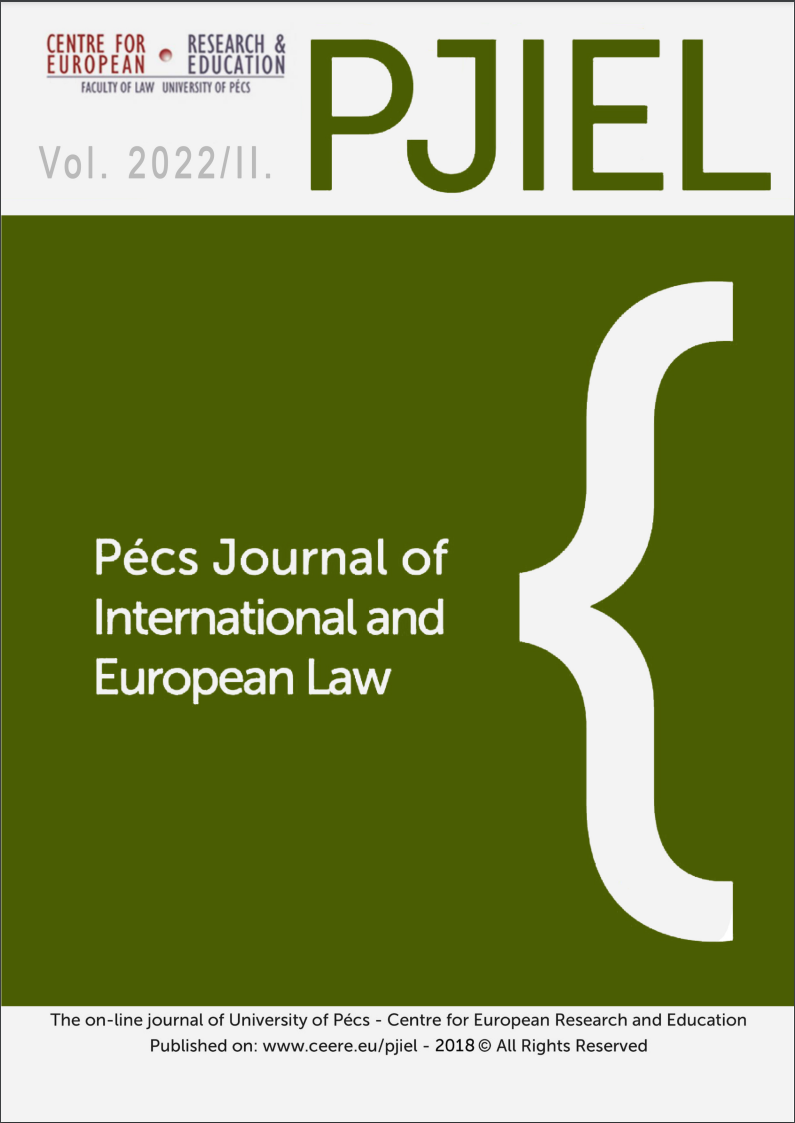Trends of National Implementation of the Rome Statute: Theoretical Perspectives
Keywords:
complementarity, Rome Statute, national criminal jurisdiction, International Criminal CourtAbstract
The complementarity system relates to the primary responsibility to investigate and prosecute the core crimes; thus it envisages a strong collaboration between the national justice system and ICC. Theoretically, it might be impressive, however, how the interaction may be achieved remains the difficult question. Even during the negotiation phase of the Rome Statute, the member States envisage complementarity to be the core element because of the sovereignty aspect. However, in some national cases, we also found that the national judicial system accepted the definition of the core crimes in whole or in part or by extending it, but prosecuted the crime domestically without any international involvement and influence. In this article, we are going to discuss different trends of national implementation of the Rome Statute based on the principle of complementarity to understand the perspective from its core. In this article, three emerging models of complementarity will be discussed, which are quite new phenomena in the present world. From these emerging models, the author will focus more on the proactive model as it mirrors the perspective on mutual inclusivity more than others. Finally, the article will imply legal frameworks and institutional capacity-building concepts for States to implement Rome Statute nationally through mutual inclusivity
Downloads
Downloads
Published
How to Cite
Issue
Section
License

This work is licensed under a Creative Commons Attribution-NonCommercial-ShareAlike 4.0 International License.





